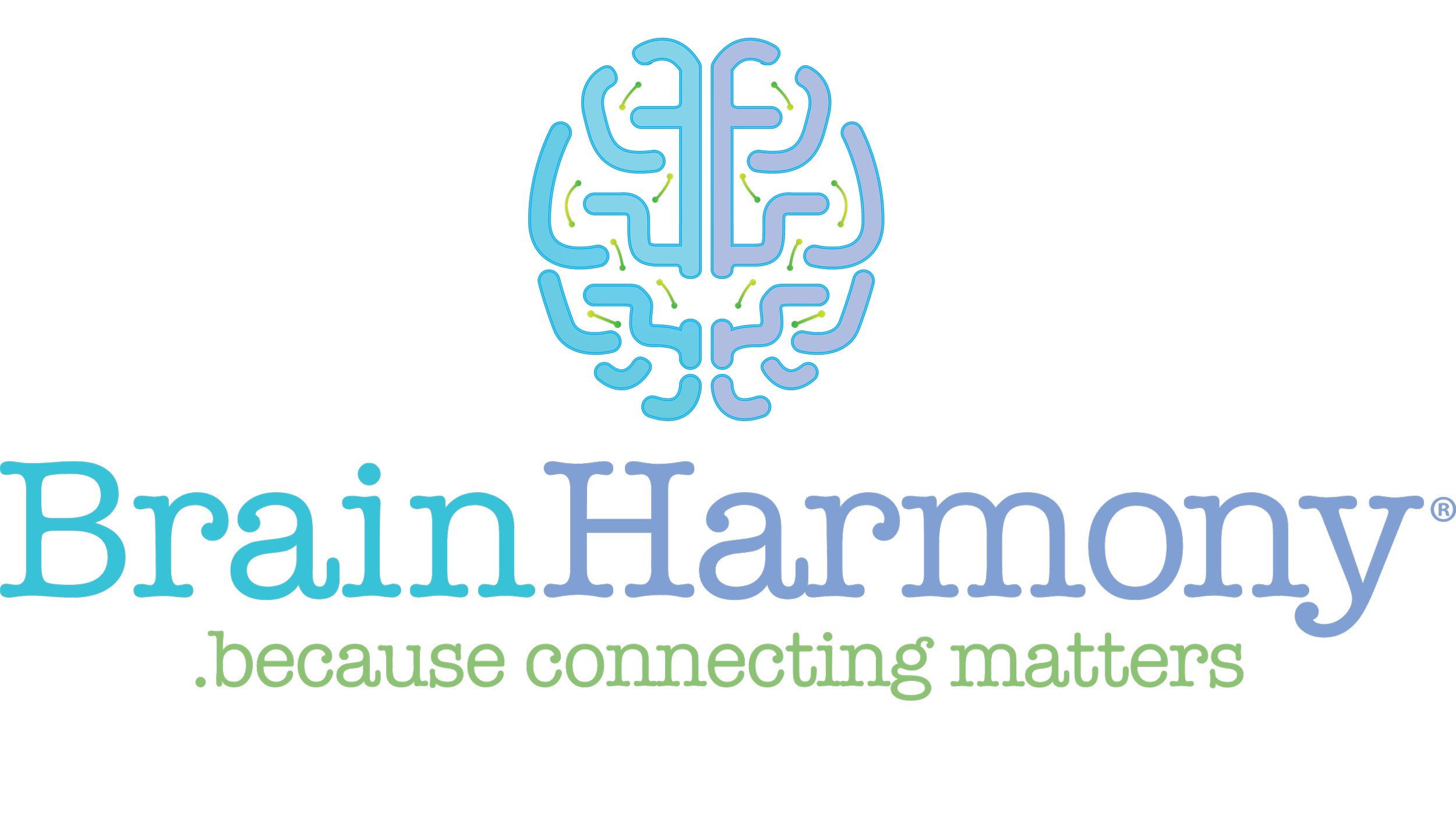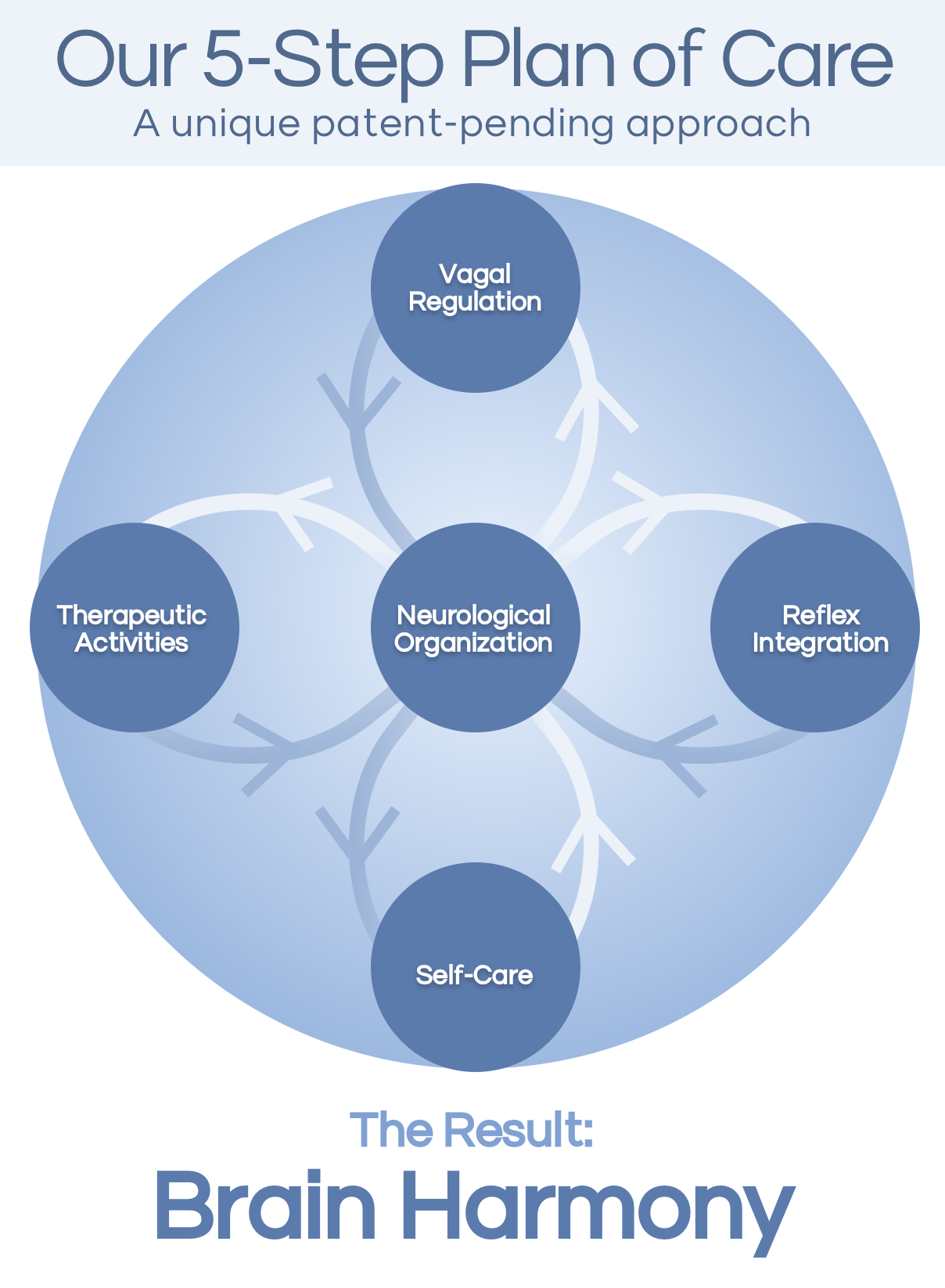Auditory Processing Disorder (APD)
For those suffering with Auditory Processing Disorder (APD), the brain is unable to properly translate meaning to the noises one is hearing. The condition can often go unnoticed if the severity is mild, or is often misdiagnosed as autism, ADHD, or a number of related disorders with similar symptoms.
Using the techniques appropriate for a patient with ADD will not be very effective for a patient suffering with auditory processing issues.
Patients suffering with APD may express some or many of these symptoms:
Difficulty taking notes
Having the need to ask others to repeat themselves, difficulty comprehending rapid speech or fast-paced conversations
Poor ability to direct or divide attention
Trouble understanding in loud environments or in long conversations
Difficulty learning, writing, reading, spelling, or memorizing vocabulary
Mistaking words that sound similar to other words
Struggling to comprehend instructions or spoken information
Inability to put multiple step directions together
Our proprietary 5-Step Plan of Care is based on proven protocols, therapeutic activities, with over 20 years and 250,000+ hours of combined clinical practice.
Most importantly, our 5-Step Plan of Care is completely tailored to your unique challenges, needs, and goals.
So you can get the personalized care you (or your child) needs to achieve the outcomes you need.
TESTIMONIALS AND SUCCESS STORY VIDEOS
“Baylie had trouble retaining the names of letters and learning the sounds associated with those letters. She also displayed a general clumsiness and hand difficulties with hand-eye coordination. "I was so proud when Baylie's teacher told us that she has vibrant conversation, she is connecting with other children, and she is engaging in the classroom. This program has been remarkable!" - Baylie's Mom
Auditory Processing Disorder
Skye-Nohea was always an open, bubbly child. But one morning, her mother noticed her daughter struggle to follow instructions at a swim lesson, and she knew something was unusual. She suspected that her hearing was impaired, but after passing the hearing test, her mother started to entertain other possibilities. Skye-Nohea saw a number of doctors and completed a range of tests to attain her Auditory Processing Disorder diagnosis. After trying different therapy methods and specialty programs, they were referred to Brain Harmony by a former patient’s mother.
“I feel like her memory is getting better, her attention is getting better, she accepts things a little bit faster... I feel like so many people who have kids - or even adults - who have APD, they don’t know that something like a program like this exists where you can basically work on the problem directly. That’s why I feel like so many people need to hear about this.“
Dyslexia, Auditory Processing, Sensory Processing, Attention & Regulation
Kerry is a Homeschool Mom of 8. All of her children have been diagnosed with mild to severe dyslexia, as well as other conditions such as APD, SPD and attention and regulation. Since beginning her journey with Brain Harmony, she has seen immense progress in her children’s reading levels, communication, attention and emotional regulation, and processing.
“We have tried so much over the years, and so many different programs, and this has made the biggest difference… it has made a huge difference in a short amount of time, so I would definitely highly recommend it.”
APD Case Study
29 children with APD; Advance Magazine Jan 2010
Pre-intervention: 0 of 29 students had intact auditory/vestibular processing skills
Post-intervention: 22 of 29 tested in normal range in al areas of auditory processing skills
Pre-intervention: 7 of 29 were taking ADHD medications
Post-intervention: all 7 had successfully ceased medications.
Parents and teachers reported improvements in social skills, language, improved grades in reading and math, with most of the kids showing definite improvements in reading comprehension.
Proven Results and Satisfied Families
Our web site contains a knowledge library which includes research, case studies and family success stories. Our program, when combined with these tools, changes standardized scores. We receive family reports of success on a daily basis. We have found no other modality that produces outcomes as quickly and efficiently as iLs’ products.
Auditory Processing Disorder (APD)
Auditory Processing Disorder (APD) is a neurological defect that affects how the brain processes spoken language. This makes it difficult for the child to process verbal instructions or even to filter out background noise in the classroom.
Characteristics include:
• Breakdown in receiving, remembering, understanding and using auditory information.
• Hearing ability is adequate.
• There is a neurological basis for the disorder.
• The child’s ability to listen is impaired.
A child with Auditory Processing Disorder can often have the same types of behavioral problems as a child with Attention Deficit Disorder (ADD). However, using the techniques appropriate for a child with ADD will not be very effective for a child suffering with auditory processing issues.
• Pre-intervention: 0 of 29 students had intact auditory/vestibular processing skills
• Post-intervention: 22 of 29 tested in normal range in al areas of auditory processing skills
• Pre-intervention: 7 of 29 were taking ADHD medications
• Post-intervention: all 7 had successfully ceased medications.
Brain Harmony’s programs are based on the fact that we can change our brain, we can essentially rewire it through specific and repeated stimulation, a concept known as neuroplasticity.
RESEARCH DATA
Effectively addressing attention and auditory processing in school-age children
INVESTIGATORS: JULIA HARPER, OTR/L, AIMEE LEVIN WEINER, AUD. PUBLICATION:
Advance OT (Occupational therapy) Magazine – January 4, 2010 ABSTRACT:
29 children diagnosed with auditory processing disorder (APD) underwent a combined therapy of sound and SI Occupational Therapy at the Therapeeds clinic in Florida. The sound component was the receptive and expressive programs of Integrated Listening System (iLs); the movement program was the H.O.P.E. sensory motor program developed by Julia Harper, OT, founder of Therapeeds. Preand post-assessments were collected by Aimee Weiner, Au.D. Pre-testing indicated that 0 of the 29 children had intact vestibular processing skills measured by the PrN and functional skills.
On post-testing, all 29 were within normal limits. Pre-testing showed that 28 of the 29 demonstrated ocular-motor deficits in the areas of visual pursuits, saccades and convergence/divergence skills. Post intervention, 25 of the 29 demonstrated intact ocular motor skills. Post-intervention, 22 of the 29 children had auditory processing skills that were completely within normal limits in every area. Seven of 29 children began this therapy on medication for attentional concerns. By the end of the program, the medications for all 7 had all been discontinued. Parents and teachers reported improvements in social skills, language, improved grades in reading and math, with most of the kids showing definite improvement in reading comprehension.
Auditory Brainstem Response (ABR – see graph on following page) is an electrophysiological test, similar to an EEG, which measures neural integrity through the brainstem. The ABR is an objective test which shows if the ears are coordinated well at the brainstem; when they are not, one might as well be listening with one ear.
For students, this is a serious deficit, most often appearing in the areas of sound quality, localization ability and auditory figure ground discrimination. Pre-intervention ABR tests showed all 29 children had little difference between listening with one ear and listening with both ears (binaural summation). Post-intervention, all 29 tested in the normal range. Original article in Advance OT Magazine: http://occupationaltherapy.advanceweb.com/ebook/magazine.aspx?EBK=OT010410#/26/





